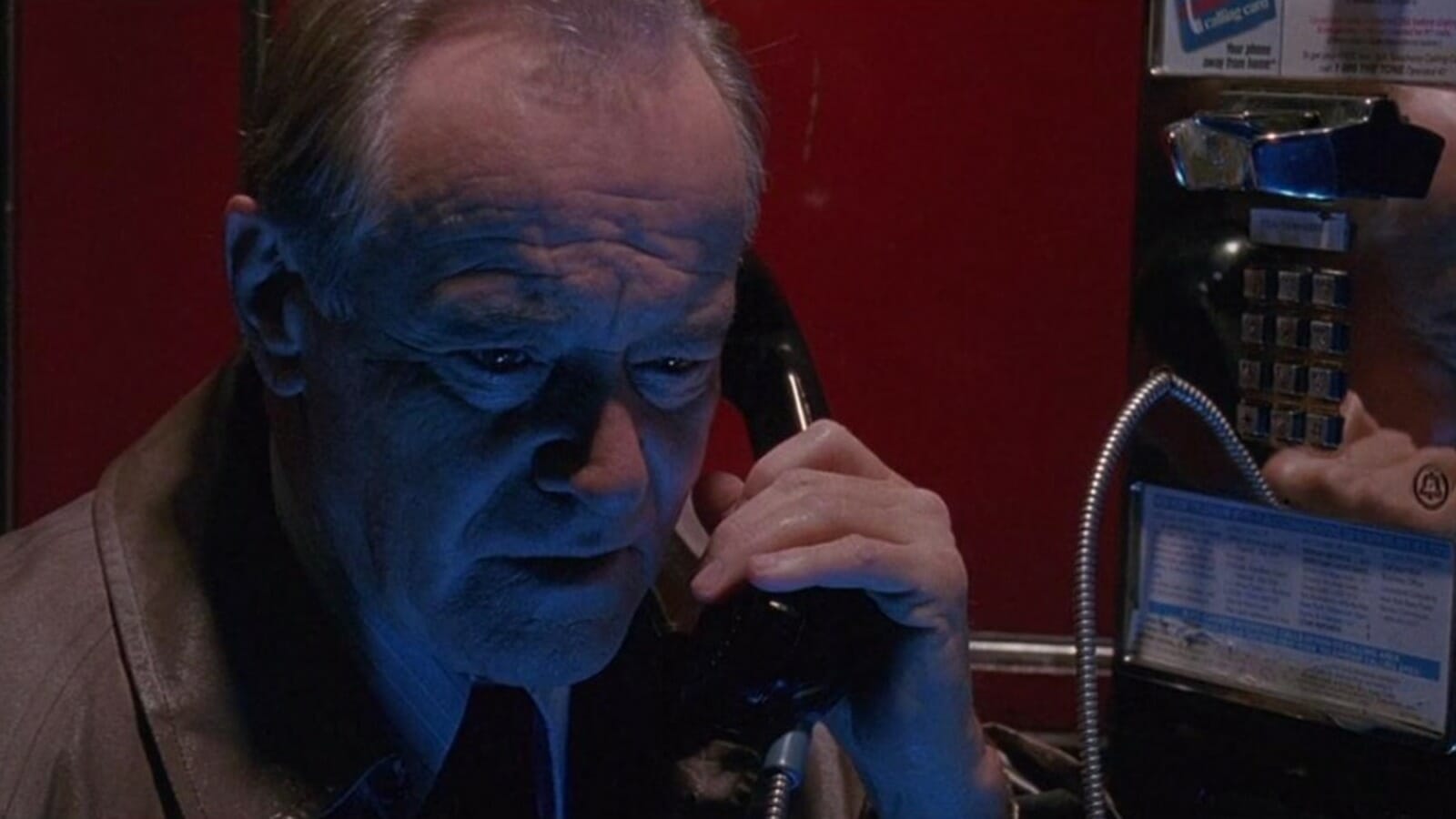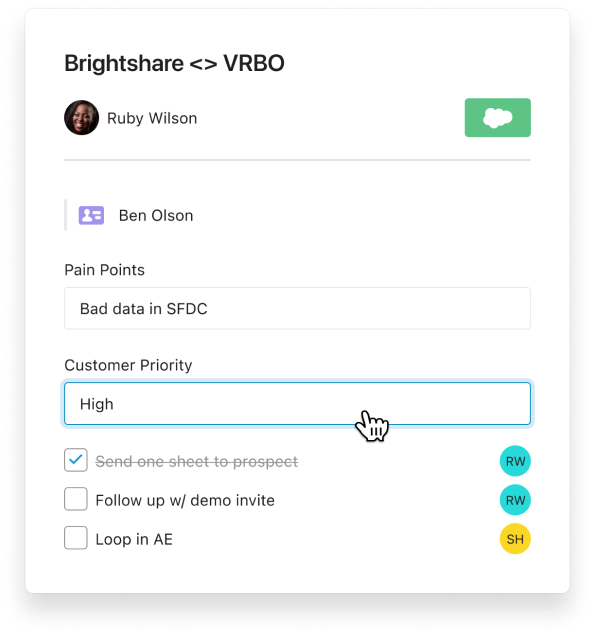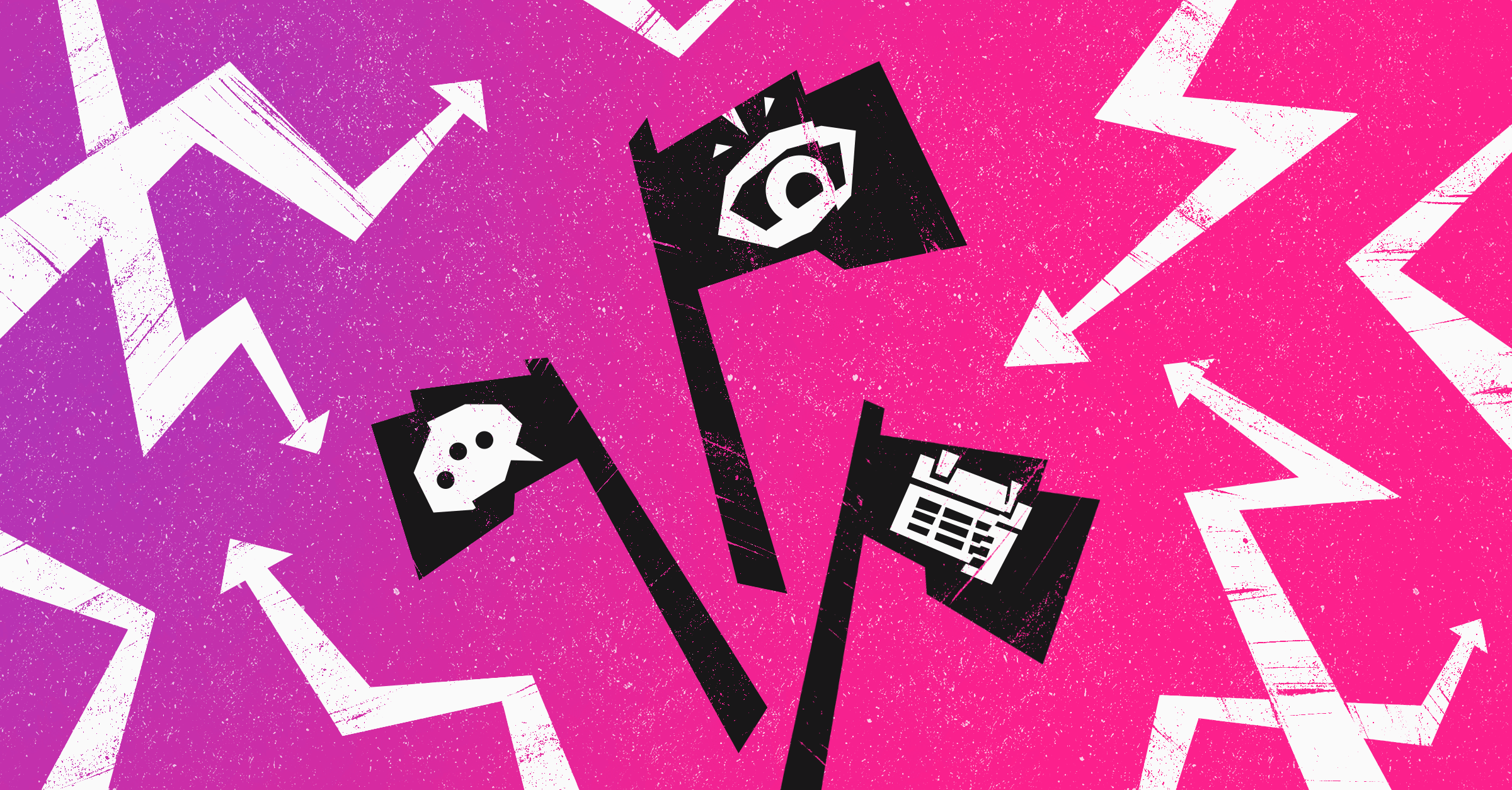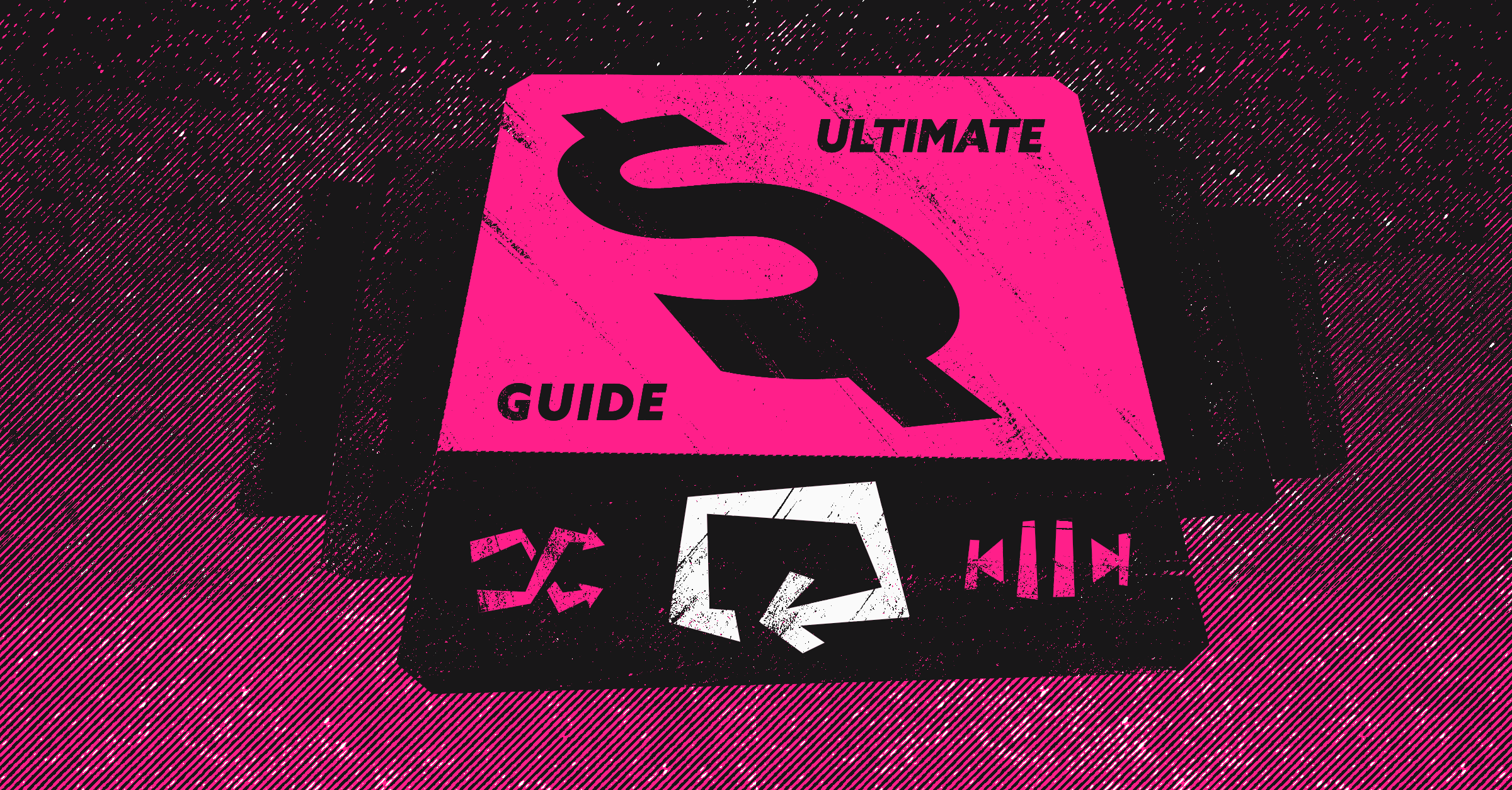
When it comes to the steps to a sale, each and everyone is important, from the first touch, to the discovery call, to the demo, to the follow-up, all the way through to closing (and beyond). Each time you speak to a prospect, you’re representing yourself, your company, and your product, and you can bet that your prospect is forming their own opinions about those three things every time you’re in front of them, whether via email, on a video call, or in person.
The discovery call, however, is of utmost importance, and not just because it’s likely the first conversation you’ll have with a prospect after they show interest. It’s the time when you’ll set the tone for the rest of the sales process and will determine how you’ll proceed, as well as how your prospect perceives you, your professionalism, and your ability to help them achieve their goals.
While there are many factors to take into account on a discovery call, there are several things you should absolutely do each and every time. Here are the four most important:
1. Prepare
Before you even get on the call, you should find out as much about the prospect, their company, and their situation as possible. This will not only save you precious time during the call, but it will also help you come across as knowledgeable and prepared. Find out what the prospect does at their company, who they answer to, and who answers to them. Find out what their competitive landscape might look like and what’s happening in their industry. Try to find out what types of problems they might be coming across. You’ll also want to dig up as much information about how they interacted with your company, (if they came in through your website, what pages did they click on? If they were handed off to you by a BDR, what did they say to the BDR on the initial call?). Try to know as much as humanely possible before you pick up the phone.
2. Qualify
This is where you officially kick off the discovery process by asking questions. Make sure the questions you’re asking can’t be answered with a simple Google search. You’re digging in order to find out whether your prospect is going to be a good fit for your product, both from a situational perspective as well as a budgetary one. Questions should focus on the prospect’s status quo, the things they’re happy and unhappy with, their goals, their budget, who else is involved in decision-making, and timelines. It’s best to spread the questions throughout the call rather than rapid-firing them at the prospect. The key is to get them to open up without a lot of pressure and to make the entire experience as conversational as possible. At the end of the qualification process, you should know whether or not there’s a potential deal to be made.
3. Uncover pain
Once you understand the prospect’s business, it’s time to uncover (or help create) pain. This is how you’ll position your product as the solution to their problems. Even if the prospect hasn’t expressed any clear problems or concerns, this is your opportunity to highlight how things could be improved. Ask about their challenges, how satisfied they are with their current processes, what’s preventing them from accomplishing their goals, and about what might happen if they fail to get results. And once they raise certain concerns, lean into the discussion and ask probing questions to uncover the reality behind what they’re saying. Once you’ve uncovered pain, you’ll have something akin to a roadmap that you can then use to close the deal.
4. Schedule your next step
Do not get off the call without scheduling your next steps. If you do, you’re opening yourself up to getting ghosted or playing a game of phone tag. If, however, you’ve outlined and scheduled your next call or follow-up meeting, then the prospect would have to proactively cancel on you in order to put an end to the process. Most likely, your next step will be a product demo which you should schedule at the end of the discovery call, but there may also be other next steps such as looping other people into the conversation or digging up the necessary information. No matter what the next step might be, it’s incumbent upon you to ensure that it’s scheduled before you get off the phone. And if you play your cards right, you’ve just successfully gotten yourself one step closer to a closed deal.
Finally, a sales process that gives you the freedom to sell.
Use Dooly to keep your deals on track, and your manager off your back.
Try Dooly for free
Join the thousands of top-performing AEs who use Dooly every day to stay more organized, instantly update their pipeline, and spend more time selling instead of mindless admin work. Try Dooly free, no credit card required. Or, Request a demo to speak with a Dooly product expert right now.


